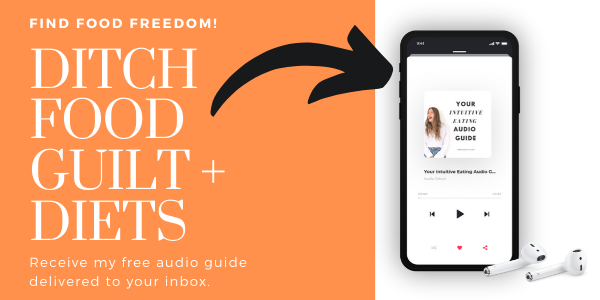This is the question that I address the most with folks I work with and come across. Even within my own family.
Except not in this form. The question will be posed more like this:
- Is x fattening?
- Which is better for me? X or Y?
- Should you eat x at night?
- Is fresh better than frozen?
- Salted or unsalted?
- Which x is the best breakfast?
- What x should I be having for y reason?
In other words, the concept of good and bad foods comes in the form of a moral judgement. The truth? Food is food. Morally equal.
No one food; made up of chemical compounds (as are we, and everything around us); can make you healthy, thin, fit and protect you from disease. And vice-versa, no one food can make you unhealthy and cause disease. Yes, even if unethical social media influencers try to sell you otherwise.....
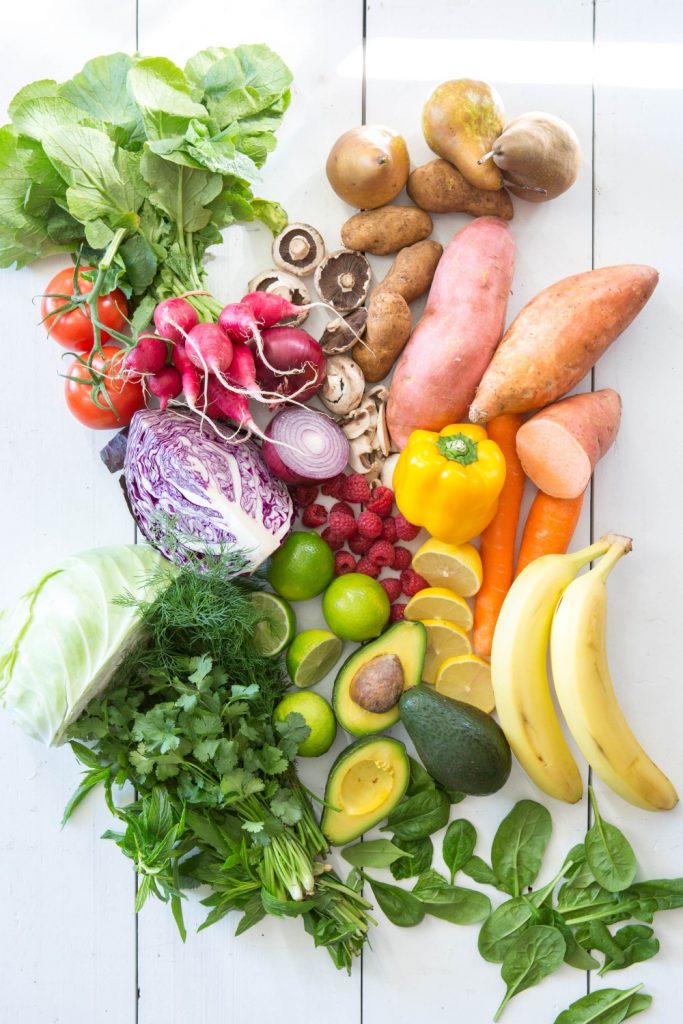
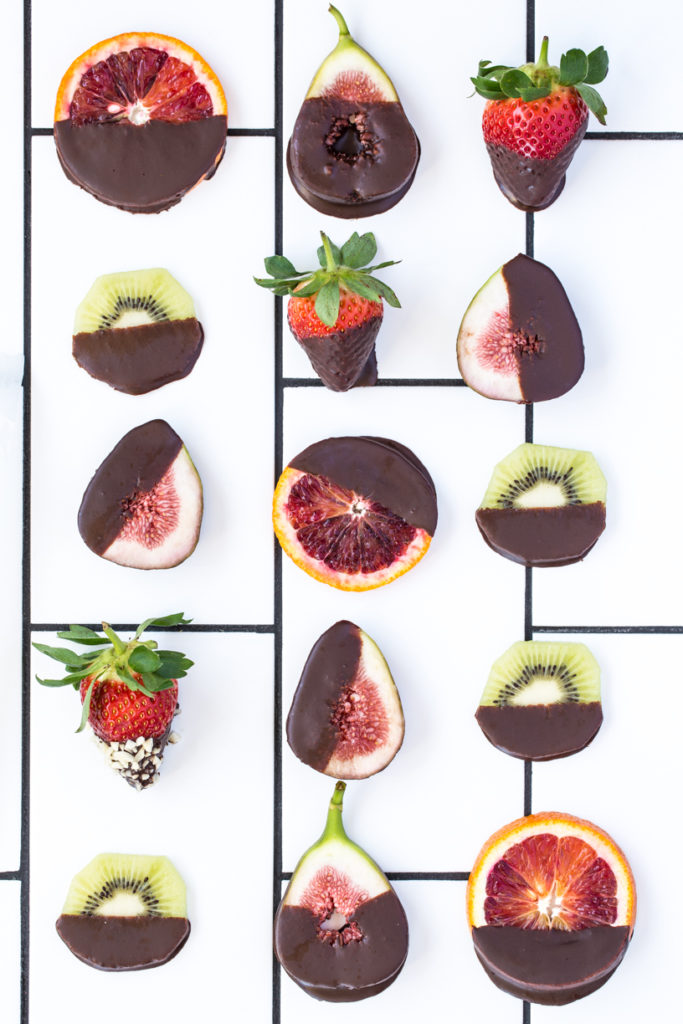
With the advent of social media and information overload, the concept of food and nutrition has become a virtual minefield.
And that comes down to two key reasons.
- We lack body trust
- We are driven by the pursuit of thinness and anything that in our minds, provides that or prevents that
In food decisions then, we place this enormous burden of pressure to give us what we crave (see above). And these reasons could actually be summed as up as one - diet culture.
So is food good and bad? How on Earth could I as a Nutritionist say that broccoli and chicken are the same?
If you take out all the following aspects of eating including, emotion, memory, nostalgia, pleasure, preference, culture, religion and essentially, human experience then this is what I have to say about that…
From a purely nutrient-focused perspective, different foods present a different profile.
Different is the key word here.
For instance, red apples contain more antioxidants than green apples. Though green apples contain more fibre.
Another example is sweet potatoes which are rich in Vitamin A, whilst regular potatoes are rich in fibre.
Different. Not better. Not worse. And that difference also translates to our individual processing of those nutrients. Our medical history, our preferences and our needs.
And as always, part of a whole picture. Who’s living wholly on apples and oats? Or chocolate and donuts for that matter?
It's also crucial to remember that we're humans eating food. And therefore all of those aforementioned aspects of eating are how we experience food. Why would we want to take that out of the picture?
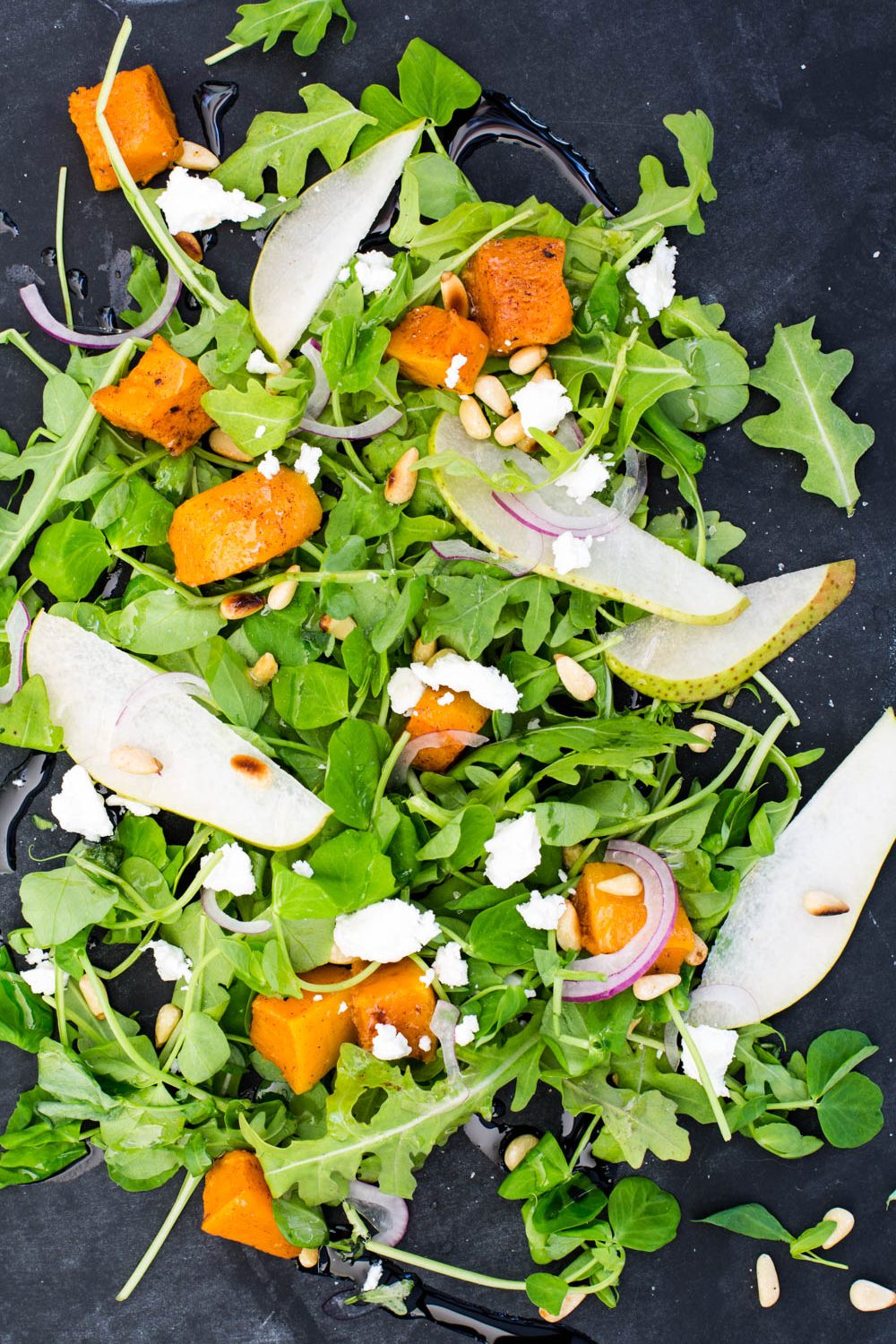

Let's dive into the human experience of eating pizza or salad and the various scenarios that can play out.
Pizza first…
Commonly labelled as "bad."
SCENARIO A: You eat the pizza with vigour, joy and pleasure. Physically, your body takes in the nutrition and psychologically, you enjoy and move on.
SCENARIO B: You eat the pizza with shame and guilt. You’ve potentially already worked out in anticipation of the meal. Perhaps you even eat it in secret. Physically, your body takes in the nutrition and psychologically, you don’t enjoy it and you don’t move on. You punish yourself.
Now onto the salad scenarios…
Commonly labelled as "good."
SCENARIO A: You eat the salad because you think you should. Greens are good after all right? Physically, your body takes in the limited nutrition and seeks more. This is called hunger and psychologically, you ignore it, saying you can’t have anything else or you proceed to eat anything and everything in sight far beyond the point of satisfied.
SCENARIO B: You eat the salad because you enjoy it and maybe your greens intake has been limited of late. Physically, your body takes in the limited nutrition and seeks more. This is called hunger and psychologically, you agree to locate more satisfying food.
This is just a snapshot into what can play out all day, every day in our minds when we label foods as good and bad.
In two of the scenarios, the human experience of the food is left out altogether. Our preferences and needs (all of them) are largely ignored. We rely on external food rules. Rules that tell us what we "should" do.
For instance what about the option that you might not like pizza or green salad? Perhaps its not eaten in your family? Or like me, you enjoy salad on pizza? And not because you “should.” Another example is played out in the below image...
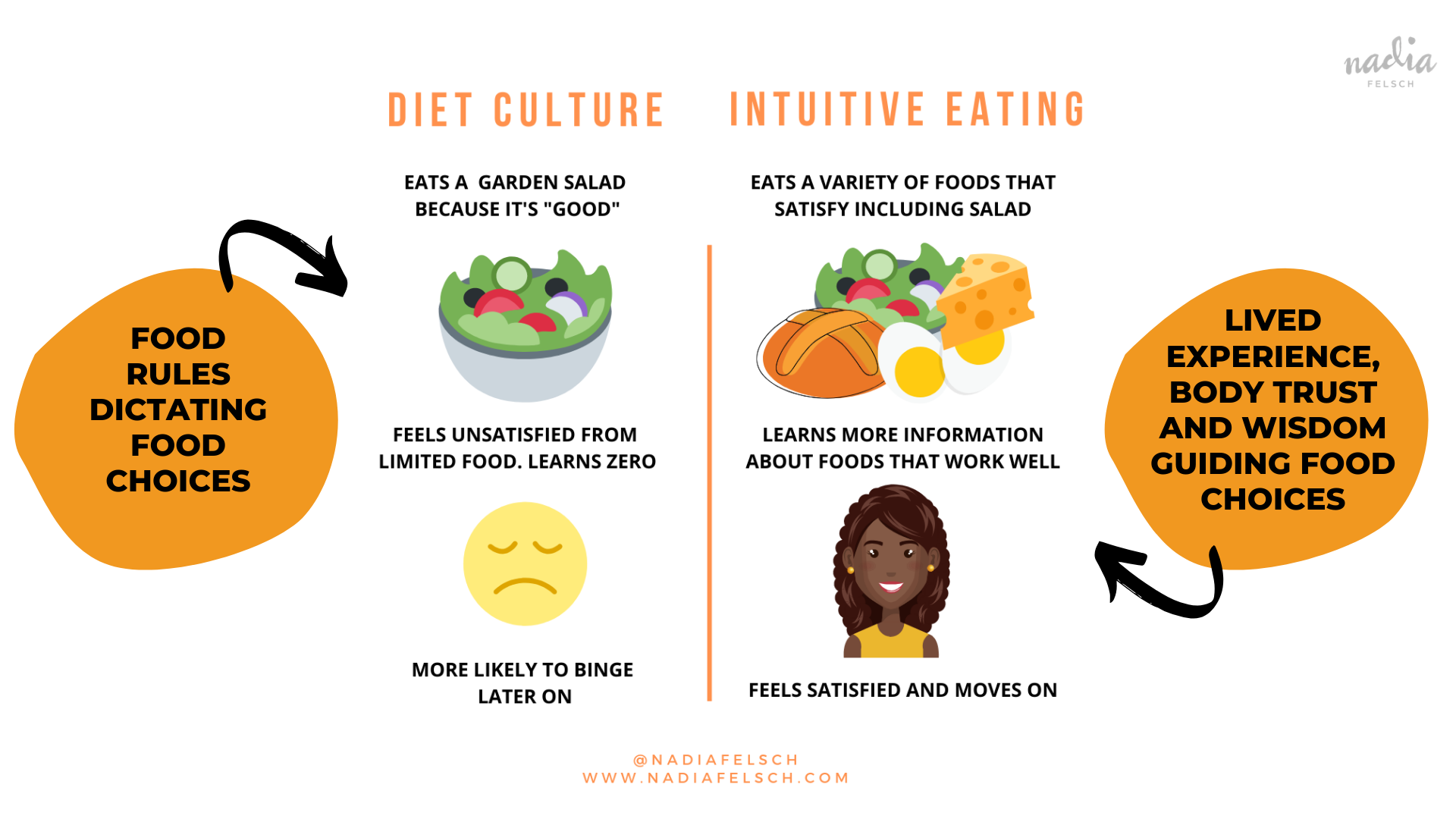
Which scenario did you connect with?
So why then can’t we eat pizza everyday? We can. Does that seem scary to you?
Consider this....
What happens when those rigid and reductionist thoughts of foods being good and bad take hold, is that the foods become both demonised and ever elusive. Think about whenever you’ve gone on a diet and restricted foods. What do you think about? Those foods. All freaking day!
We know however that individuals practicing what’s termed Intuitive Eating (IE), are capable of seeing food as food.
And for Intuitive Eaters, making food decisions are not full of stress, anxiety and fear. Instead, their decisions are based around their desire to feel satisfied and nourished. And this is why; whilst in theory all foods are available always; the pizza choice is not the one they make on a regular basis. It’s called body-food choice congruence. When what we want to feel in our body is reflected in our food choice. We want to feel energised, nourished, satisfied and happy from food most of the time.
A story for you....
Years ago, during the height of the sugar fear, I labelled a food that I enjoyed as bad due to an external food rule. Rather than enjoy a drizzle of caramelised balsamic vinegar with a salad here and there, it was relegated to the "never eat" list due to the presence of sugar in it.
If it was in a dressing on a menu, I'd avoid it. If it was offered, I'd avoid it. Never because I didn't feel like it or I didn't enjoy it. Always because I'd decided it was bad for me.
I couldn't see the forest for the trees.
I couldn't embrace that a few spoonfuls of this dressing that I enjoyed here and there, were no threat to my health and happiness. No, we don't need this food and we don't need to eat added sugar but if you're going down that track then we don't need a lot of things.
I ignored my pleasure in enjoying it, how convenient a dressing it was sometimes, how eating out is not a race to the most nutritious meal on earth and that overall in my diet, this food was nothing to worry about. And in fact it's all of these reasons that validate it as a food I choose to include in my diet. Because food is not black and white remember.
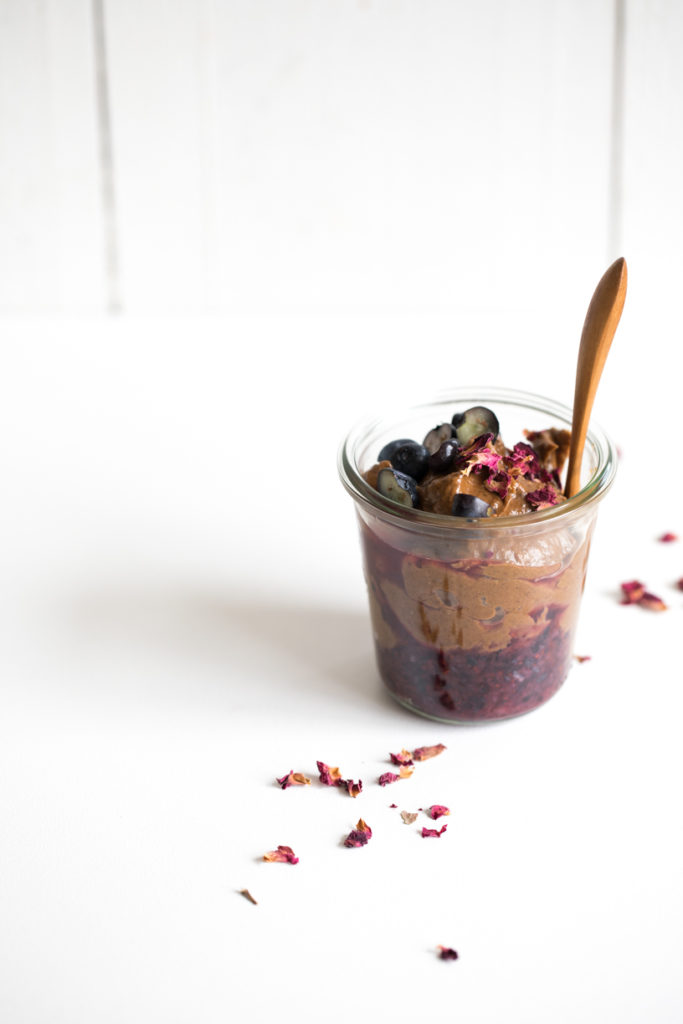
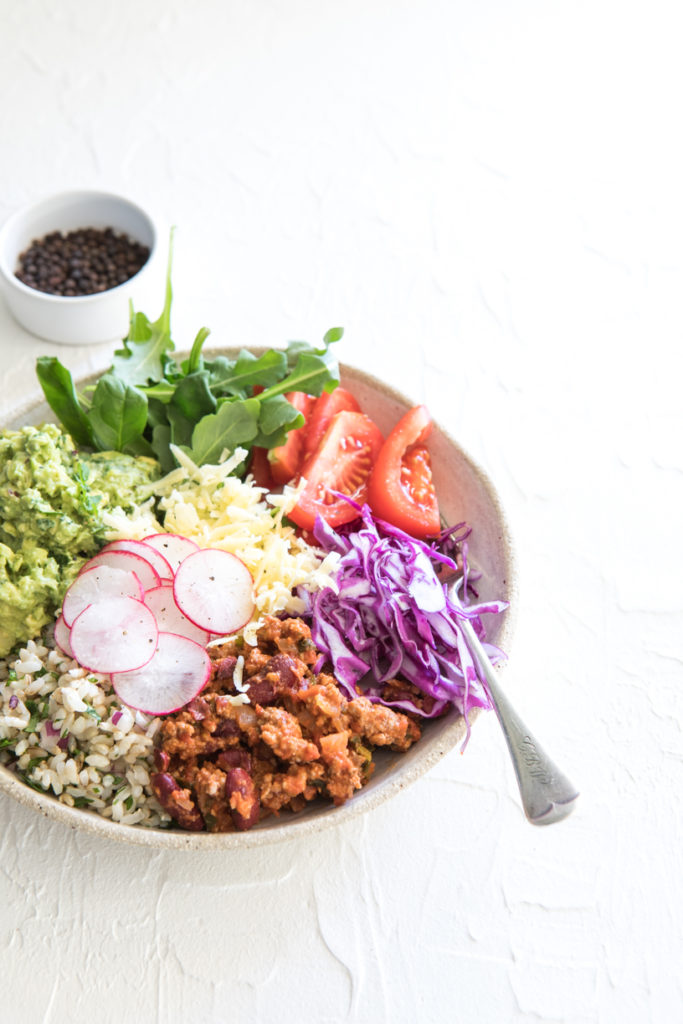
For most of us, debating the nutrient profile of varying foods is beyond pointless.
For what purpose? Is it helping you feel more peaceful around food?
The Vitamin A in sweet potato for example, doesn’t mean you only ever need that one food for your Vitamin A intake or that it’s superior to another vegetable option. In fact too much of it may very well cause you to have orange hands and feet thanks to the beta-carotene found in this root vegetable!
Foods are different.
But why does that difference matter so much?
And when it comes to the more extreme examples of good and bad food, this concept is one that can do real harm. It can be in fact the reason why you binge eat certain foods and feel terrible for doing so.
I think most people agree that McDonalds provides us limited nutrition. McDonalds might also however, be a choice based on cost, convenience, preference and nostalgia.
I can tell you, I’ve had some joyous cheeseburger memories. I’ve also learnt that personally I don’t enjoy their smell, their taste or the way I feel after eating them. This is where our body trust and wisdom helps us take care of ourselves. An entirely different place than this is "bad" and I am "bad." Especially because one makes us feel like we're missing out.
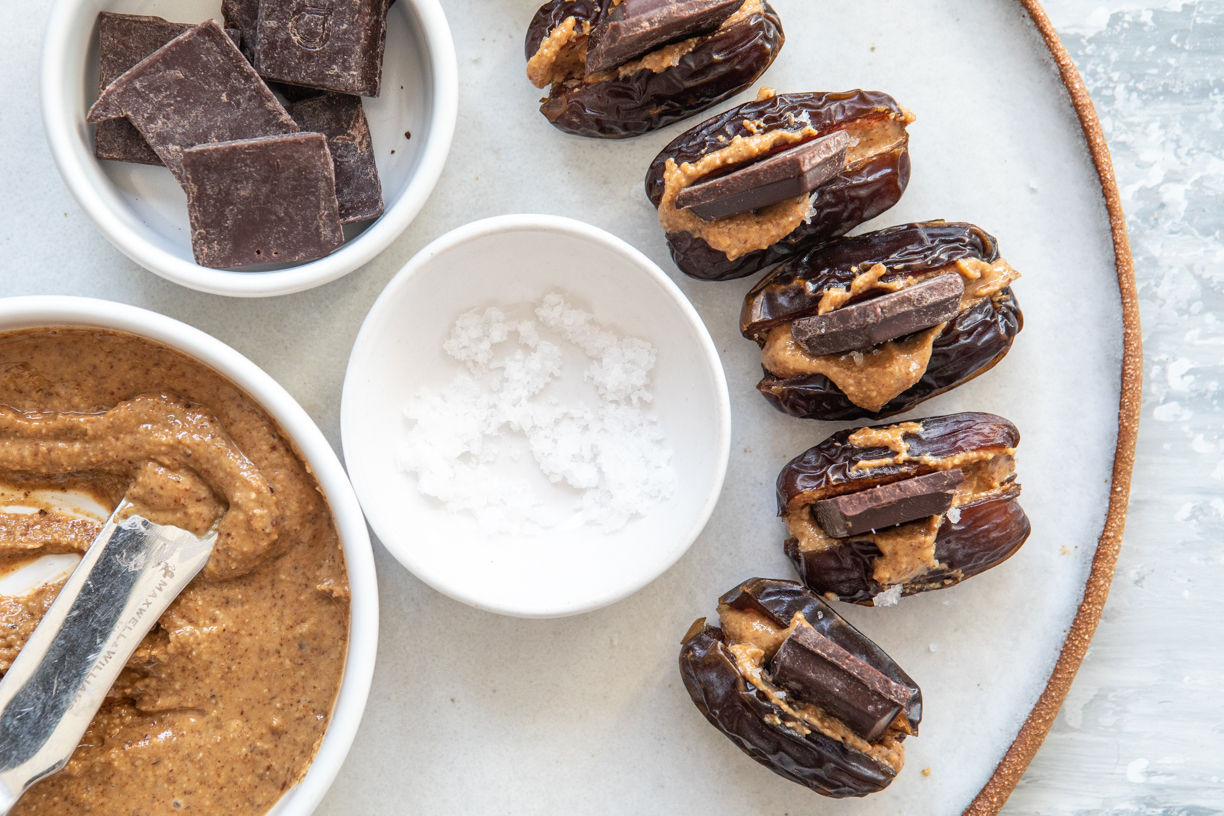
I’ve met countless individuals who place bread, pasta, rice, dairy foods and fruit in that same category as McDonalds.
Which also points to actual facts about limited nutrition are not the reasons we place foods in the so-called bad category. Even when we say that's our reason.
Because those foods do have way more going on. And as with all foods; isolating part of a food, i.e. the sugar in fruit; is a slippery slope to good and bad labelling, food obsession and misinformation that does nothing helpful for us.
So what instead then?
CHALLENGE YOUR FOOD RULES
A fundamental principle of the Intuitive Eating framework that allows for you to explore and challenge your own food rules. Which ones do you have? Are they helping?
DISCOVER FOOD
Play around and discover what combinations of food best suit you and your life. Which combos have you feeling satisfied, energised and happy? What's accessible and convenient for you? This isn’t about optimum nutrition at every single meal of your life. This is a process of discovery. And an approach that goes a long way to have you feeling the benefits of food without experiencing the negative emotional charge you may have attached to it.
KNOW THAT SPECIFICS MATTER LESS THAN YOU'VE BEEN SOLD
You can’t “hack” your health and life by picking to pieces every morsel of food you’re considering. And that cost; by way of stress; is quite frankly not worth it. Living according to caloric value, nutrient profile and some external rating scale is not the answer to health and happiness. And food is so much more than its properties.

